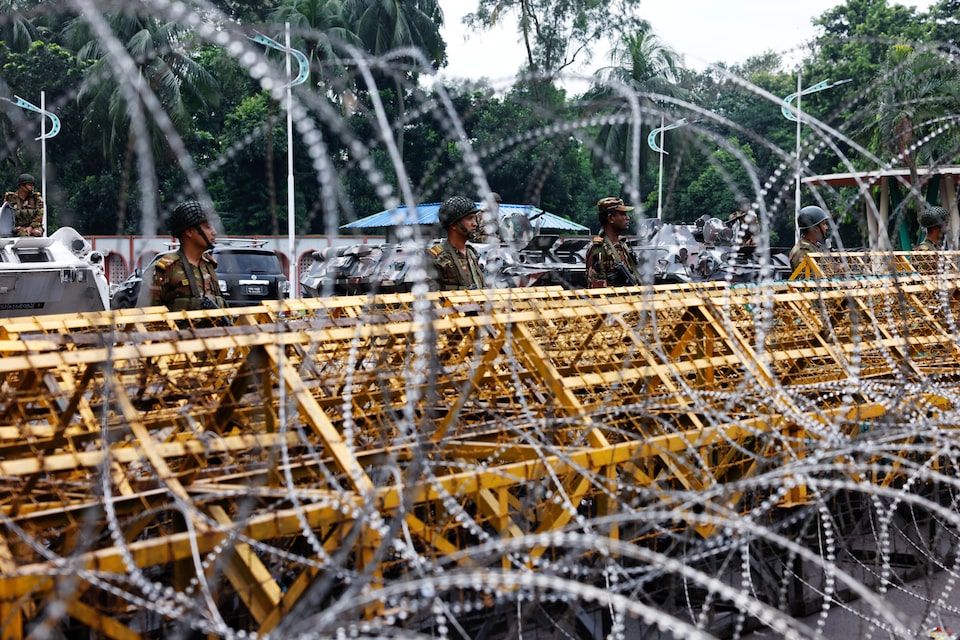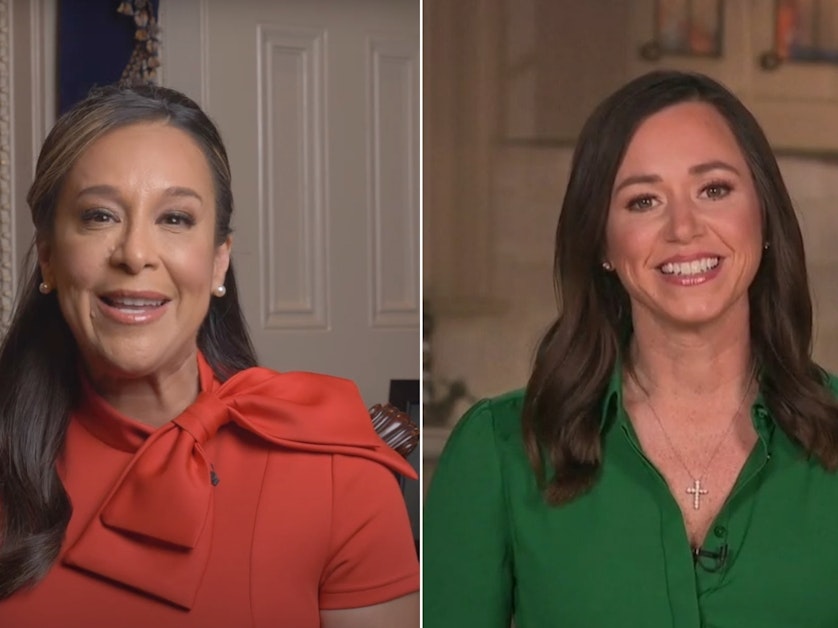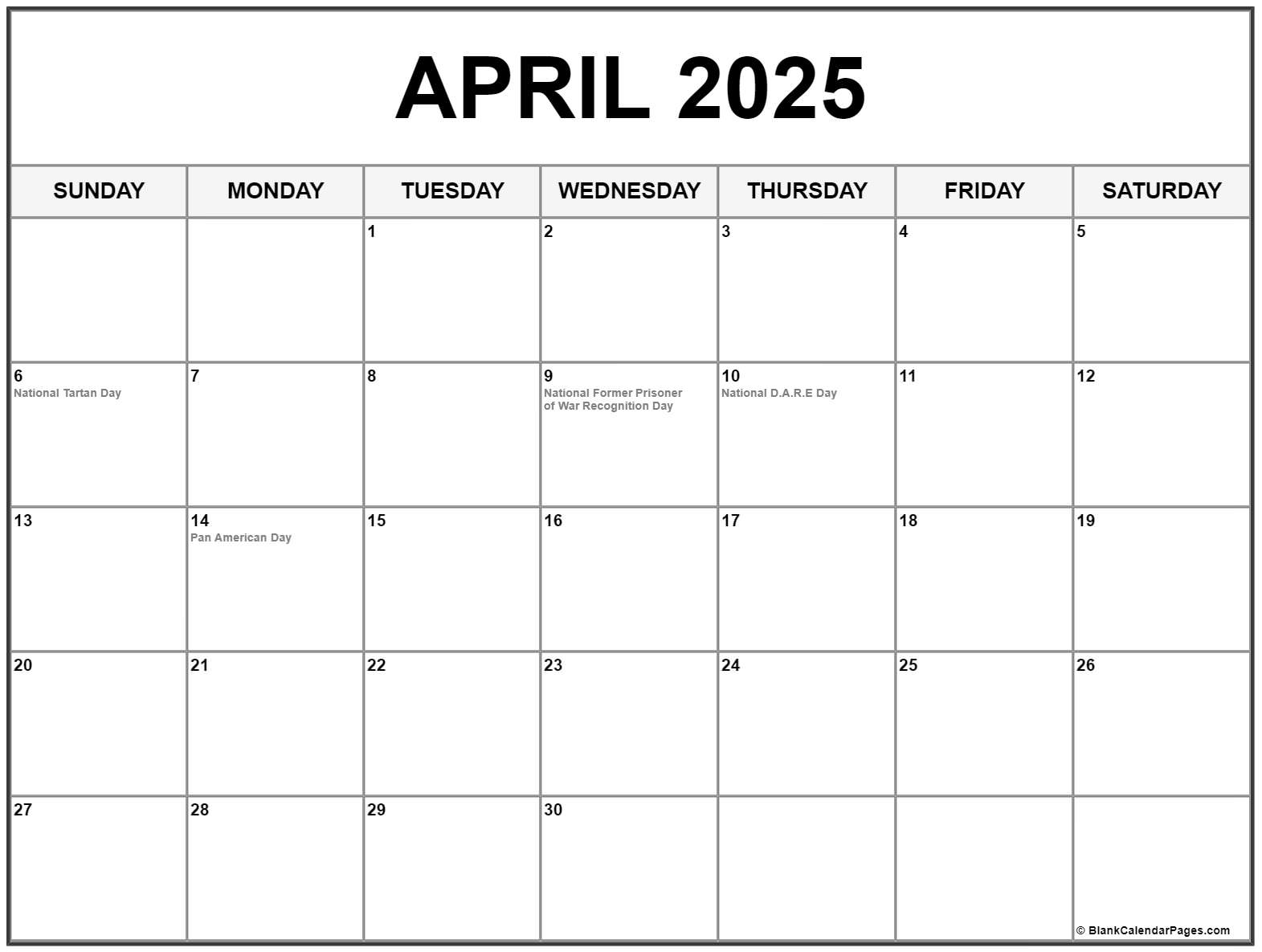Bangladesh Election Body Bars Sheikh Hasina's Party

Table of Contents
The Election Commission's Decision and its Rationale
The Election Commission's official statement cited numerous alleged violations of electoral laws and norms by the Awami League as the primary reason for the ban. The EC detailed a series of accusations, claiming that the ruling party engaged in practices that undermined the integrity of the electoral process. These accusations, though vehemently denied by the Awami League, paint a picture of systemic irregularities.
The specific reasons cited by the EC include:
-
Violation of the election code of conduct: The EC alleges the Awami League violated numerous provisions of the election code of conduct, including restrictions on campaigning and the use of government resources for political purposes. Specific instances, according to the EC, included [Insert specific examples from the EC's statement, if available].
-
Allegations of voter intimidation: The EC claims that the Awami League engaged in widespread voter intimidation and suppression tactics to influence the outcome of previous elections. These accusations include [Insert specific examples of alleged intimidation tactics].
-
Use of government resources for campaigning: The EC alleges the misuse of government resources, including officials, funds, and infrastructure, for the Awami League's campaigning activities. This is a serious breach of electoral fairness, according to the EC's statement.
The Awami League, in response, has strongly refuted these allegations, calling the ban a politically motivated attempt to undermine their dominance. They have vowed to challenge the decision through legal channels and have accused the EC of bias.
Reactions and Political Fallout
The EC's decision has triggered a storm of reactions across the Bangladeshi political spectrum. Opposition parties, while expressing varying degrees of surprise, have largely welcomed the ban, viewing it as a step towards a more level playing field. However, some opposition groups have raised concerns about the potential for further political instability.
-
Statements from opposition parties: [Insert quotes and statements from prominent opposition figures regarding the ban].
-
Protests and demonstrations: [Describe any protests or demonstrations that have occurred in response to the ban, including scale and location].
-
International response: The international community has expressed mixed reactions. While some organizations have called for a fair and transparent electoral process, others have expressed concern about the potential impact of the ban on political stability and the broader democratic process in Bangladesh. [Insert statements from international organizations such as the UN or other relevant bodies].
Legal challenges to the ban are anticipated, with the Awami League likely to pursue all available legal avenues to overturn the EC's decision. The legal battle that ensues promises to further intensify the political climate in Bangladesh.
Implications for Future Elections and Democracy in Bangladesh
The long-term implications of this ban on the political stability of Bangladesh are significant. The decision casts a shadow over the upcoming general elections, raising concerns about the EC's impartiality and its commitment to free and fair elections.
-
Erosion of public trust: The ban could erode public trust in the electoral process, potentially leading to decreased voter participation and increased cynicism towards the political system.
-
Increased political polarization: The decision has further deepened the already significant political polarization in Bangladesh, potentially exacerbating tensions between the ruling party and the opposition.
-
Potential for unrest: The ban carries the risk of escalating political unrest and instability, particularly if the Awami League's supporters take to the streets in protest.
Civil society organizations and the media play a crucial role in monitoring the situation, advocating for transparency and accountability, and ensuring that the voices of the Bangladeshi people are heard. Their vigilance in the face of this political upheaval will be paramount.
Conclusion
The Bangladesh Election Body barring Sheikh Hasina's Awami League from participating in local elections is a watershed moment with far-reaching consequences. The rationale provided by the EC, the subsequent political fallout, and the potential long-term implications for democracy in Bangladesh are all matters of grave concern. The coming months will be critical in determining the impact of this controversial decision on Bangladesh's political landscape and its future electoral processes.
Call to Action: Stay informed about the evolving situation surrounding the Bangladesh Election Body barring Sheikh Hasina's Party and its impact on Bangladesh’s democratic process. Follow reputable news sources for updates and analysis. Understanding the intricacies of this event is vital for anyone interested in Bangladeshi politics and its future.

Featured Posts
-
 The Biden Administrations Rebuttals Truth Or Fiction
May 16, 2025
The Biden Administrations Rebuttals Truth Or Fiction
May 16, 2025 -
 La Liga Uk And Ireland Rights Tender Launched Key Details For Bidders
May 16, 2025
La Liga Uk And Ireland Rights Tender Launched Key Details For Bidders
May 16, 2025 -
 Vont Weekend At 104 5 The Cat A Photo Journal April 4 6 2025
May 16, 2025
Vont Weekend At 104 5 The Cat A Photo Journal April 4 6 2025
May 16, 2025 -
 The Role Of Jeremy Arndt In Bvgs Negotiation Process
May 16, 2025
The Role Of Jeremy Arndt In Bvgs Negotiation Process
May 16, 2025 -
 Tom Cruise And Ana De Armas English Rendezvous Relationship Speculation Intensifies
May 16, 2025
Tom Cruise And Ana De Armas English Rendezvous Relationship Speculation Intensifies
May 16, 2025
